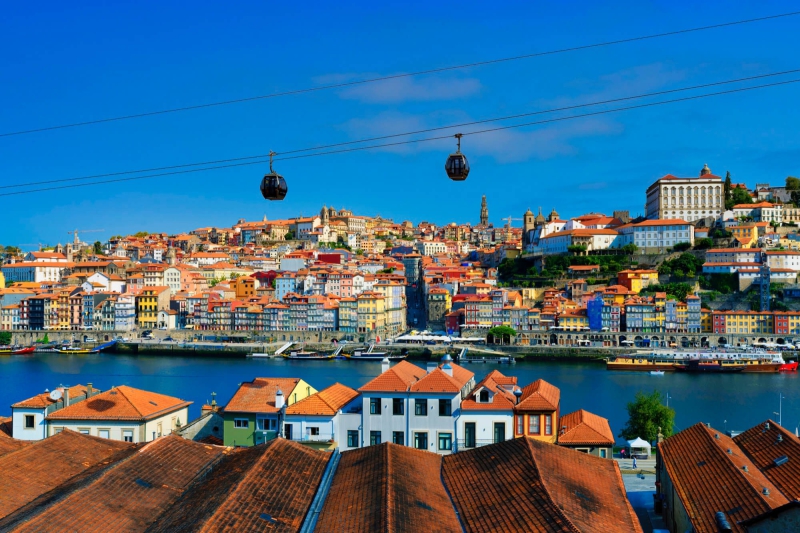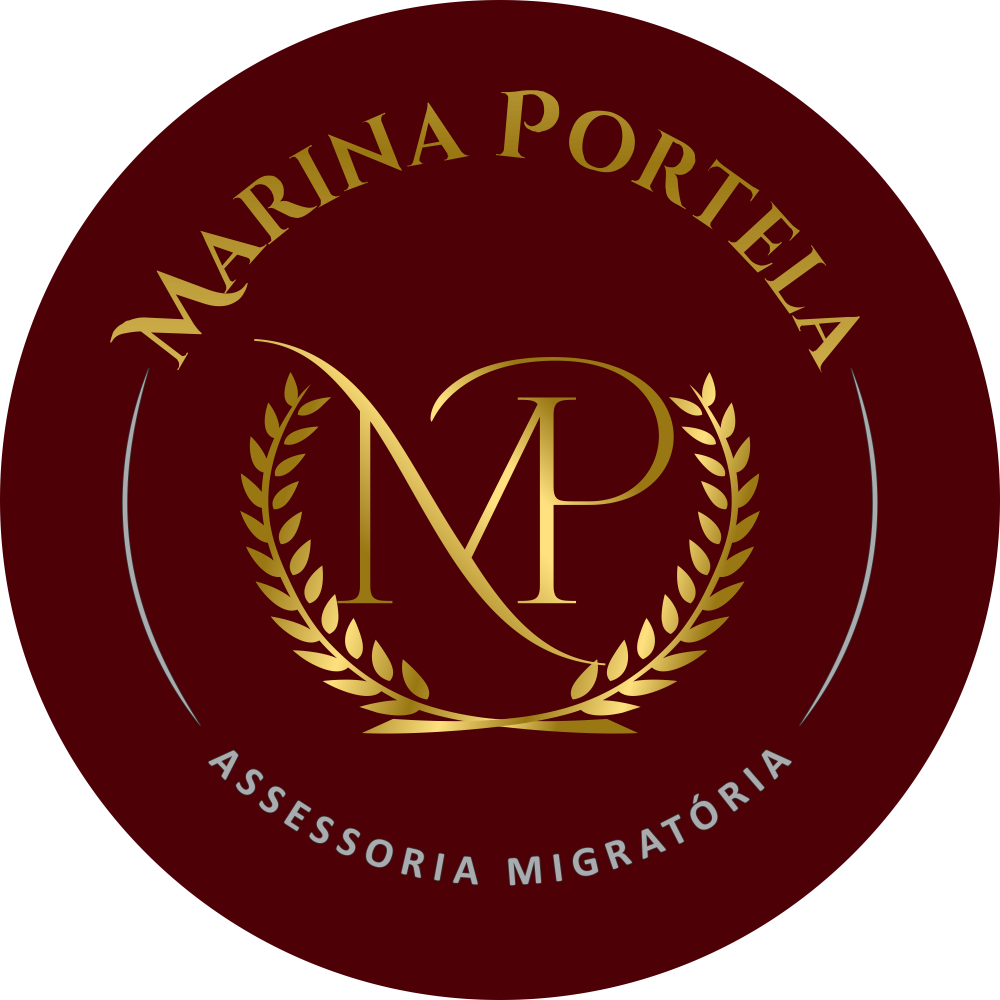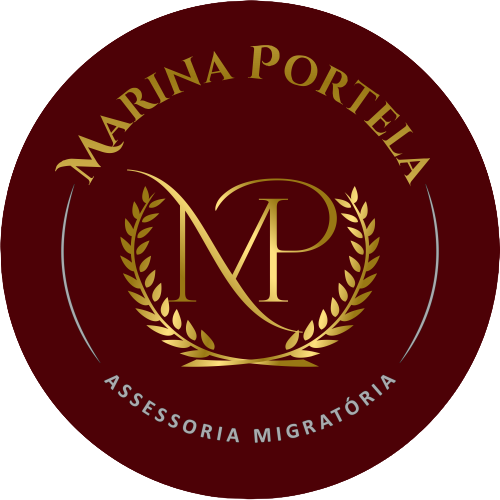
If you have the desire to live in Portugal, but do not yet have European nationality, it is essential to understand how to obtain a visa for Portugal and which types are most suitable for your case.
When considering moving to Portugal and applying for a residency visa, it is important to be aware that this process must be carried out in the country of origin or in the country where you currently reside.
This means that advance planning is essential, after all, starting the process of obtaining a residency visa takes time and adequate preparation.
There are several types of residency visas available for those wishing to live in Portugal. Each of them has specific requirements and is aimed at different immigrant profiles. Knowing these options is essential to finding the one that best suits your needs.
In this article, we will present an overview of the long-term visas and main visas to immigrate to Portugal in 2023. If you are looking for up-to-date and useful information on how to obtain a visa for Portugal, keep reading and discover the main options available to make your dream of living in the country a reality.
D1 Visa – Subordinated Work: Intended for people who have an employment offer or contract in Portugal. Proof of subordinate professional activity is required.
D2 Visa – Entrepreneurship or Starting a Company: Suitable for those who wish to carry out professional activities autonomously or open a company in Portugal. It is necessary to demonstrate the economic and social relevance of the company.
D3 Visa – Research or Highly Qualified Activity: Aimed at researchers, professors or highly qualified professionals who wish to develop their activity in Portugal for more than one year. Requires specialized technical skills or appropriate qualification.
D4 Visa – Study, Internship or Volunteering: Intended for those who wish to carry out educational training, internship or volunteer work for more than one year in Portugal. It is a great opportunity for Brazilian students who want to improve their curriculum.
D5 Visa – Study/Mobility (for those already in Europe): For students who have been studying a higher-level course in Europe for less than two years and wish to transfer their studies to Portugal.
D6 Visa – Family Reunification: Applicable to family members of holders of a visa or residence permit in Portugal, allowing the family to be reunited in the country.
D7 Visa – Retirees or Income Holders: Intended for retirees or people who have enough income to support themselves in Portugal without having to work.
Golden Visa for Large Investors: Residence Permit for those who invest in Portugal, such as real estate or financial investment, covering several modalities. The Golden Visa Portugal was created in 2012 with the aim of attracting resources and investors to the country.
StartUp Visa: Visa that encourages entrepreneurship in Portugal, offering residence permits to citizens outside the European Union who wish to open an innovative company in the country.
Tech Visa: Visa for entrepreneurs and workers in the technology market who wish to undertake in Portugal. It aims to make the granting of visas and the granting of residence permits more efficient for highly qualified immigrants in the technological area.
Visa for Digital Nomad: Visa for foreign professionals who provide services remotely, either as subordinate or independent workers.
Job Search Visa: Visa intended for foreigners who wish to find a job in Portugal, allowing them to remain legally in the country during the period of looking for work.
In summary, we present the main visas used by Brazilians who wish to immigrate to Portugal. However, it is important to note that each visa has its own requirements, deadlines, advantages and disadvantages, in addition, there are also other short-term visa options.
In view of these specificities, it is crucial to seek expert advice on the immigration process so that you can make the right choice for your personal, financial and family profile. Making the wrong choice can result in high costs and put both your investment and your dream of living in Portugal at risk.
With proper guidance, you will have access to accurate and up-to-date information, as well as personalized support to find the visa that best suits your profile and objectives.
It is worth mentioning that each type of visa has its specificities, which will be addressed in future articles dedicated to each of them. If you have any questions about the procedure for obtaining a specific visa, we invite you to leave your questions in the comments. We are here to help!




